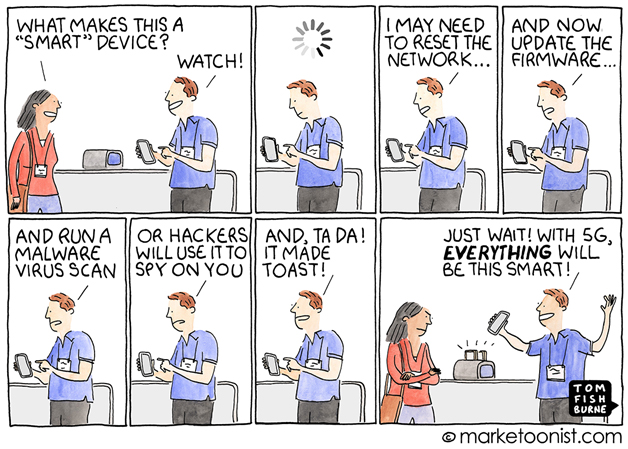Humour has been used throughout history to give hope to the subjugated, rile oppressors, and encourage resistance.
Sigmund Freud identified three kinds of humour: body humour, mind humour, and spirit humour. All three can be used to undermine power and buoy the spirits of the oppressed.
1. Bodies are funny because they can be uncontrollable. Pictures of Zimbabwean President Robert Mugabe tripping went viral on the internet, and his futile efforts to control the situation by demanding photographers delete images that had already spread worldwide only fueled the hilarity.
2. Mind humour is useful when freedom of speech is restricted, or direct confrontation with authority is made illegal. Satire, irony, wordplay, puns, and double entendre can communicate at multiple levels, subtly signalling an insult or joke to one audience but being difficult to pin down as offensive or illegal (and thus difficult to punish) by those in power. The subversive power of such forms of humour was on full display in a recent decision by Chinese officials to ban puns and wordplay in news media.
3. Spirit humour refers to our joy in seeing an underdog triumph, particularly if they use the oppressor’s own weapon against them. In Washington DC a group of black and brown trans and queer people called Laughing Color has learned the art of stand up. Their goal is to infiltrate the world of stand up – whose material often offends them – by sharing comedy that affirms who they are.
Figures like the trickster, the fool, or the clown can also be used to flip oppression simply by playfully refusing its mechanisms of control and expressing ideas others are afraid to voice.
The Clandestine Insurgent Rebel Clown Army (CIRCA) is a great contemporary example of trickster humour in action. CIRCA has shown up at protest marches throughout Europe to undermine the macho posturing of police (as well as some of the more aggro protesters) and generally add a carnivalesque, anti-authoritarian atmosphere. At an anti-war protest at a UK army recruitment office, for example, CIRCA members used feather dusters to “clean” soldiers and police cars, and clever mimicry to parrot officers’ walks and gestures, leaving even the officers struggling not to laugh.
Finally, we’re more likely to remember something — and share it — if it makes us laugh. We are hardwired to be more inclined to post something funny on social media than something newsy and informative.
Here is a fun 5G Commercial Parody by TacoTruck you can share today.

